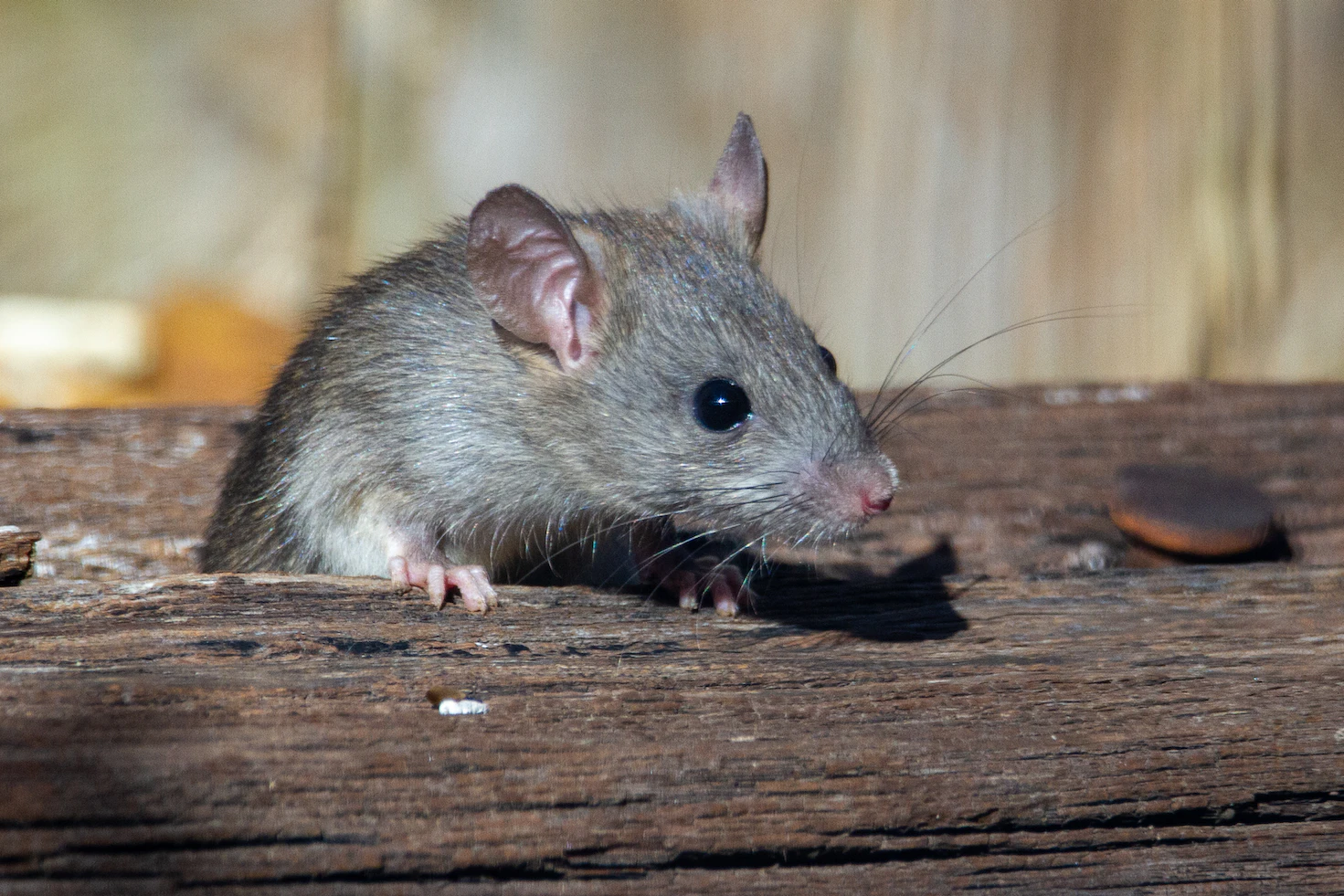Who is responsible for removing rats in a rented property?
Nobody wants to discover a rodent infestation inside their house, regardless if we're talking about one tiny mouse, or a huge rat family. A rodent infestation poses several key issues. For one thing, rodents are known for reproducing rapidly which means if you don't address a rodent infestation in its early stages, you may well be looking at a house full of rats. Not only that, but a rodent infestation can cause serious damage to the property. It's a well-known fact that rats cause attic damage, and can even endanger the structural safety of your home.
So what should you do, if you discover a rodent infestation on your rented property?
This is a common concern that arises - if there are rats in a rented property, who's responsible for clearing them out? The landlord, or the tenants? Generally speaking, the landlord will bear full responsibility for removing rats, or any other kind of wildlife that's been spotted on the property.
According to The Homes (Fitness for Human Habitation) Act 2018, landlords are responsible for providing a home that is fit for human habitation. This includes making sure that the space, as it is, is free from anything that may cause serious harm, or pose a threat to the health and safety of the inhabitant. Thankfully, rodents and all other types of vermin fall into this category. As such, the landlord is solely responsible for removing any type of nuisance wildlife from the rented property.
If the landlord fails to fulfill his contractual obligation in a reasonable time period, he may actually be prosecuted by the tenant and county alike. So this is not something to joke around with.
Now, some landlords may try to twist that around, and say it's the tenant's responsibility, since it's probably their fault the infestation occurred in the first place. First of all, that is not true, in most cases. Unless the property is in serious filth, it's unlikely that a few errant crumbs left by the tenant are what caused a rodent infestation.
Secondly, removing a rodent infestation ought to be seen as a repair or modification brought to the property. Since it would be the landlord's duty to fix a broken heater, for example, it is his responsibility to remove vermin, since that also disrupts the wellbeing and living conditions of the tenants.

That being said, different arrangements may be reached between tenant and landlord. As the tenant, you may agree to take care of the rodent infestation yourself, as long as the landlord pays for it, or by deducting the cost of repairs, and extermination/wildlife removal from your monthly rent. But bear in mind that it is the sole responsibility of the landlord to handle wildlife infestation, and that needs to be acknowledged clearly.
Similarly, it is the landlord's duty and prerogative to have the home regularly inspected against rodent infestation. Since the landlord would have to stomach the cost of repairs, and wildlife removal, they may schedule regular wildlife home inspections, to ensure the good condition of their property. As such, it is the tenant's duty to comply with these measures.
Know the signs of a rodent infestation.
While financially, it will be the landlord's responsibility, a rodent infestation will first and foremost disrupt the life of the tenant. So it's important to know the signs of a rodent infestation, and to ask a professional for help, if necessary.
Signs of a rodent infestation include:
- The presence of numerous small, dark droppings in remote areas, like the attic, or even inside kitchen cupboards, or on the kitchen floor;
- Signs of chewing on walls, support posts, wires, etc.;
- Greasy marks on the walls, near entry points (rodent coats are covered in a greasy substance);
- Smell of ammonia (coming from the urine of rodents);
- Noises in the night (rodents tend to be most active at night, and may be heard in the walls, roof, attic, etc.).
Keep an eye on the state of your home, and act quickly at the first signs of a rodent infestation. That is the only way to prevent an infinitely larger problem in the long term.